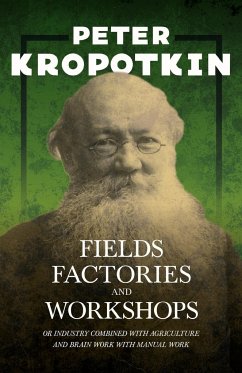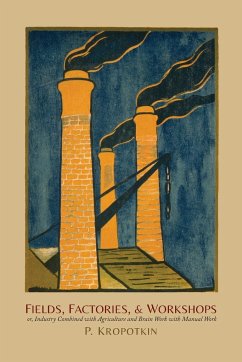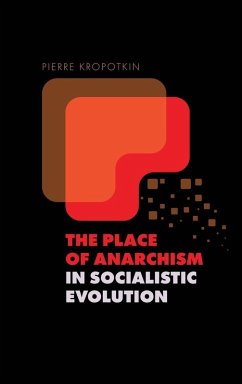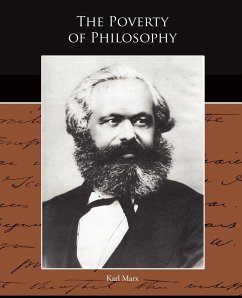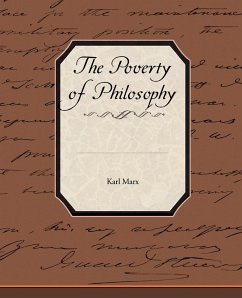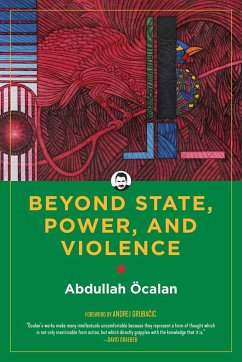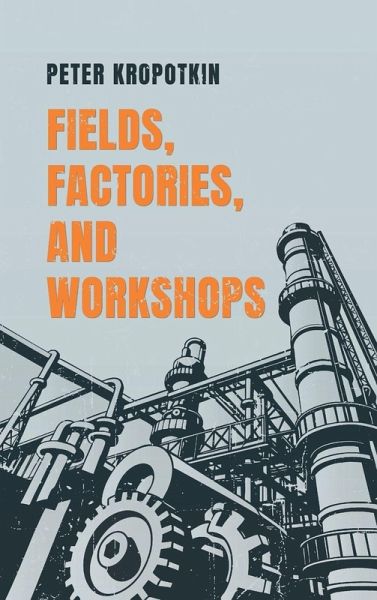
Fields, Factories, and Workshops
Versandkostenfrei!
Versandfertig in über 4 Wochen
19,99 €
inkl. MwSt.
Weitere Ausgaben:

PAYBACK Punkte
10 °P sammeln!
"Agriculture and industry must go hand in hand, each supporting and developing the other." - Peter Kropotkin, Fields, Factories, and Workshops First published in 1899, Fields, Factories, and Workshops is one of Peter Kropotkin's most important contributions to political economy and social theory. In this work, the Russian geographer, scientist, and anarchist thinker presents a radical vision of decentralization in both agriculture and industry, advocating for small-scale, self-sufficient communities where production and labor are reorganized around cooperation rather than exploitation. Kropotk...
"Agriculture and industry must go hand in hand, each supporting and developing the other." - Peter Kropotkin, Fields, Factories, and Workshops First published in 1899, Fields, Factories, and Workshops is one of Peter Kropotkin's most important contributions to political economy and social theory. In this work, the Russian geographer, scientist, and anarchist thinker presents a radical vision of decentralization in both agriculture and industry, advocating for small-scale, self-sufficient communities where production and labor are reorganized around cooperation rather than exploitation. Kropotkin challenges the centralized industrial system of his day, arguing that modern science and technology could be harnessed to reduce human toil, increase efficiency, and restore the natural balance between city and countryside. His proposals highlight the importance of integrating manual and intellectual labor, cultivating local autonomy, and encouraging economic systems based on solidarity and sustainability. A pioneering text in the history of anarchist thought, Fields, Factories, and Workshops influenced later discussions of sustainable development, environmentalism, and alternative economics. For students of history, political theory, environmental studies, and social reform, it remains a classic exploration of how human society might organize production for both justice and well-being.



